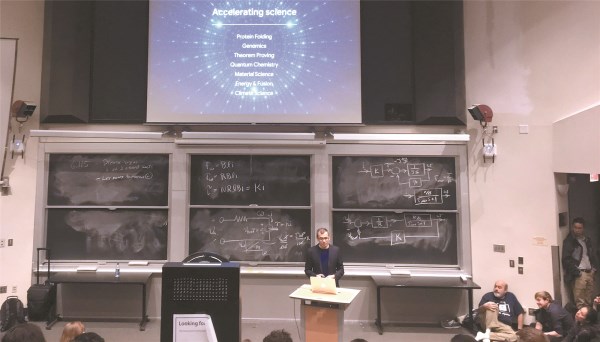Tang Weiqi,a Wu Libo,b and Qian Haoqi c
a Center of BRICS Countries Studies of Fudan University
b and c School of Economics, Fudan University
Abstract:The allocation of carbon emissions permits is a major component of the design of carbon trading schemes. The choice of allocation mechanisms can influence the long-term growth path, which in turn affects the effectiveness of the emissions reduction policy. The findings of this article indicate that while a static allocation mechanism can maximize current yields, it leads to a slowdown in output growth under endogenous economic growth. To optimize intertemporal economic output, the allocation of carbon emissions will need to be dynamically adjusted. In the absence of complete information, an output-oriented adjustment to the allocation of emissions rights in different periods can guide market trading so that it approaches a long-term optimal growth path.
Keywords: carbon trading, allocation of emissions permits, “learning by doing” effect, CGE model, intertemporal optimization



